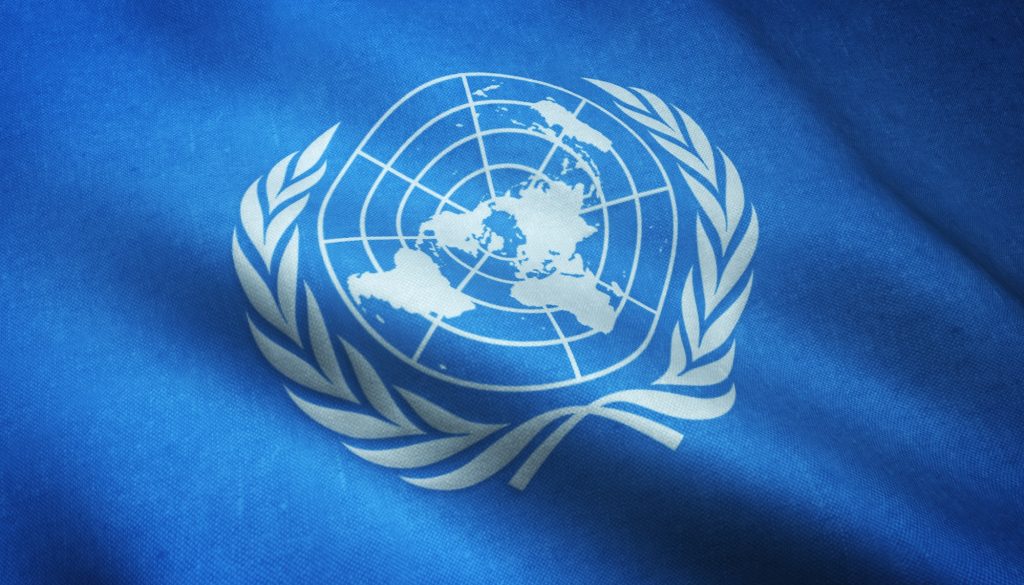
































Microsoft has voiced its opposition to a proposed UN cybercrime treaty. The broad scope of the draft UN treaty (drafted by UN Cybercrime Ad Hoc Committee on Cybercrime) released in May leaves too much to interpretation, which could create the ideal conditions for cybercrime to thrive, cautioned the tech giant. As UN committee gather to deliberate on the upcoming treaty draft this week, it is essential that they adhere to well-defined principles that strike a balance between safeguarding human rights and combatting cybercriminals effectively, added the company.
Microsoft's main concerns are that the treaty should not provide an avenue for authoritarian states to criminalise online content, introduce new surveillance powers, expand cross-border government access to personal data, or potentially criminalise common security practices because of ambiguity in the text.
Microsoft's recommendations (or criticism) resonate with some of the concerns recently voiced by human rights advocates. To learn more, visit the following link.
In more detail,the company is concerned that the current treaty draftprioritises state surveillance over its original purpose of combating cybercriminals-which, in turn, could turn the treaty into a tool for invasive data access and surveillance rather than focusing on prosecuting criminals. The draft allows broad government access topersonal data, including real-time surveillance, with the discretion to request data related to any 'crime,' not just cybercrime. It lackstransparency safeguards, potentially allowing authoritarian states to suppress dissent under the guise of combating cybercrime. Moreover, the draft does not protect legitimate cybersecurity activities, like ethicalhacking, and itsprovisionslack clarity on 'criminal intent,' which is essential for activities like penetration testing to remain legal.
The UN Cybercrime Ad Hoc Committee on Cybercrime is presently in its sixth session, which is taking place from 21 August to 1 September 2023, in New York, United States of America.
The Ad Hoc Committee has been tasked to elaborate a comprehensive international convention on countering the misuse of information and communications technologies for criminal purposes. In order to fulfil its mandate, the committee will hold six sessions from August 2021 to the end of June 2024 and the concluding session in 2024; the committee's work will be concluded once it presents a draft convention to the General Assembly at its seventy-eighth session in September 2024.
The Digital Watch Observatory comprehensive coverage of UN Cybercrime Ad Hoc Committee work. To learn more, please visit the dedicated page.
Ad Hoc Committee on Cybercrime Tags quentes :
Política de conteúdo
Conflito cibernético e guerra
Comité Ad Hoc para a Cibercriminalidade
Tags quentes :
Política de conteúdo
Conflito cibernético e guerra
Comité Ad Hoc para a Cibercriminalidade